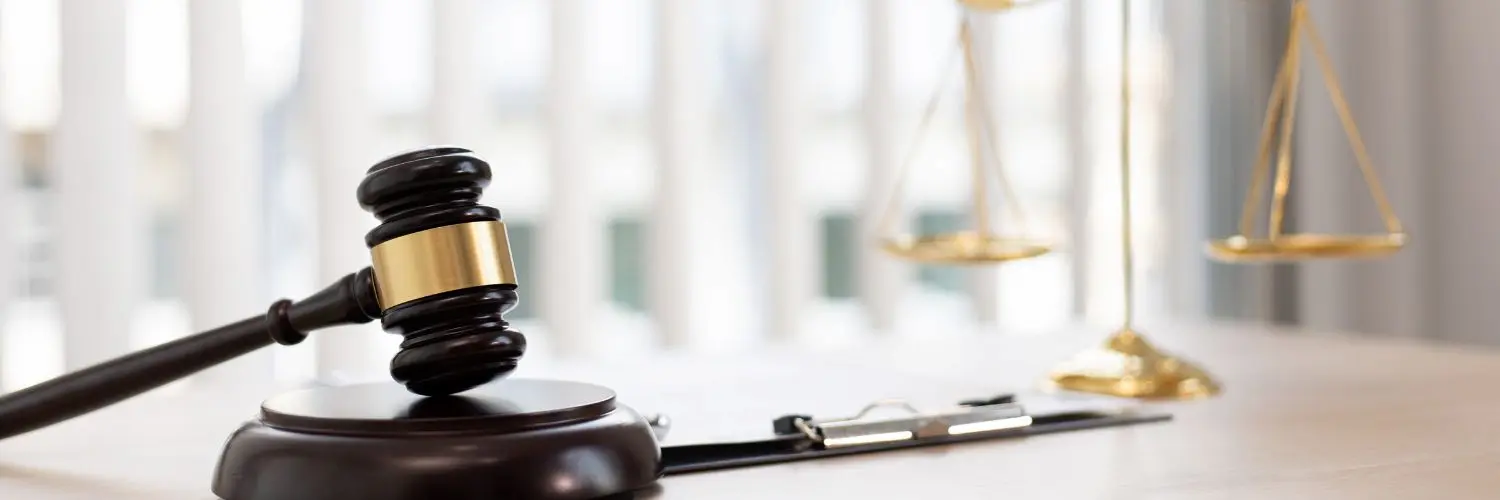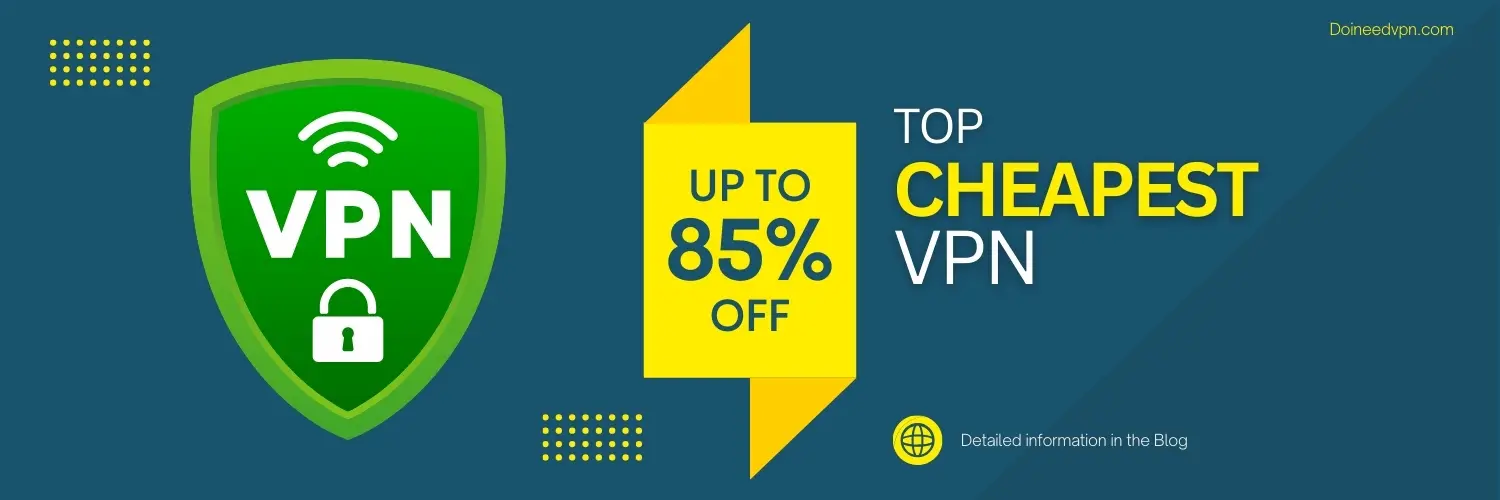Age verification laws in the U.S. have been a topic of debate in recent years. While these laws aim to protect minors from accessing inappropriate content online, some argue that they pose a threat to digital freedom. In this blog post, we will explore the arguments for and against age laws and discuss their potential impact on digital independence.
The Argument for Age Verification Laws

Proponents of age verification laws argue that they are necessary to protect minors from harmful and explicit content. With the proliferation of the internet and easy access to various platforms, children and teenagers are increasingly exposed to age-inappropriate material. By implementing age verification measures, such as requiring users to provide proof of age before accessing certain websites or content, it is believed that minors can be better shielded from potentially harmful experiences.
Advocates of age verification laws also argue that these measures can help prevent online harassment and cyberbullying. By ensuring that users are of legal age to engage in certain activities or access specific content, it becomes easier to track and hold individuals accountable for their actions. This, in turn, can create a safer online environment for everyone, including minors.
The Argument against Age Verification Laws
Opponents of age verification laws raise concerns about the potential negative impact on digital freedom. They argue that these laws could lead to increased censorship and limit individuals' access to information and expression. By requiring age verification for certain websites or content, there is a risk of creating a system where access to knowledge and ideas is restricted based on age.
Another concern raised by critics is the potential for data privacy breaches. Age verification systems often require users to provide personal information, such as their date of birth or identification documents. This information could be vulnerable to hacking or misuse, potentially compromising individuals' privacy and security.
The Impact on Digital Freedom

The implementation of age verification laws undoubtedly has an impact on digital independence. While protecting minors from harmful content is a valid concern, it is essential to strike a balance that respects individuals' rights to access information and express themselves freely.
One possible solution to address these concerns is the development of privacy-focused age verification technologies. These technologies would allow users to verify their age without compromising their privacy or sharing unnecessary personal information. By prioritizing user privacy and data security, age verification measures can be implemented in a way that minimizes the potential threat to freedom.
Additionally, it is crucial to consider alternative approaches to protect minors online. Education and parental guidance play a significant role in helping children and teenagers navigate the digital world safely. By promoting digital literacy and providing resources for parents and guardians, we can empower individuals to make informed decisions and protect themselves online.
Conclusion
Age verification laws in the U.S. are a complex issue with implications for both the protection of minors and digital freedom. While it is crucial to safeguard children and teenagers from harmful content, it is equally important to ensure that age verification measures do not infringe upon individuals' rights to access information and express themselves freely.
By striking a balance between these two objectives and prioritizing user privacy and data security, age verification laws can be implemented in a way that minimizes the potential threat to digital independence. Additionally, promoting digital literacy and providing resources for parents and guardians can help create a safer online environment for minors without relying solely on age verification measures.
Ultimately, finding the right approach requires ongoing dialogue and collaboration between policymakers, technology companies, and digital rights advocates to ensure that age verification laws protect minors without unduly restricting digital freedom.
Read all the latest blogs on Doineedvpn.










